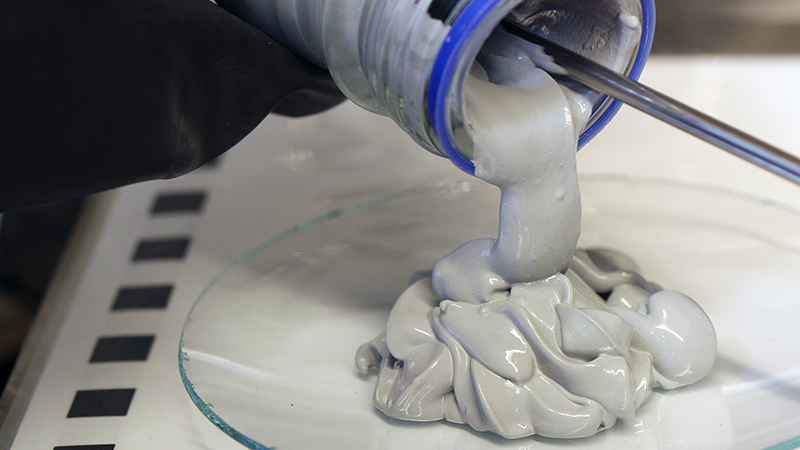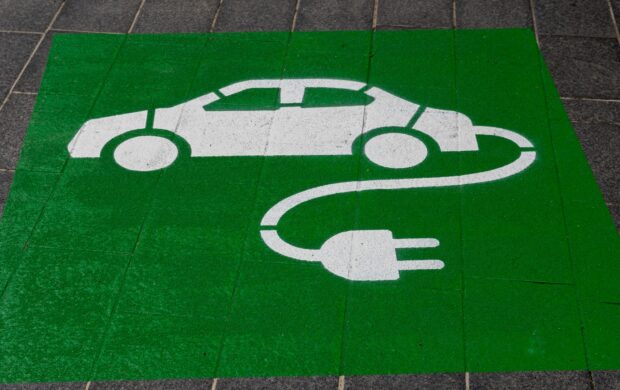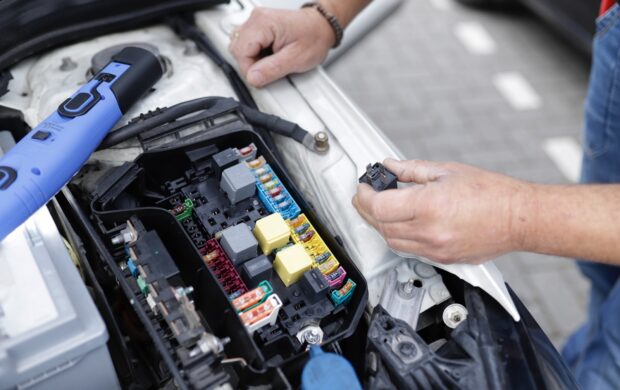The Fraunhofer Institute in Germany has developed a new, chemical way of storing hydrogen for fuel that solves many of the issues that hamper the use of hydrogen fuel cells. The grey paste could be a safe way of storing hydrogen that avoids the need for filling stations or dealing with pressurised and highly explosive gas. Powerpaste also has extremely high energy density, about ten times that of batteries, and comparable to liquid fossil fuels.

So what?
Fuel cell vehicles have not taken off due to the danger, difficulties and costs of using pressurised hydrogen. Powerpaste could open up many new potential applications in transport and power, and make fuel cells much more versatile. For example it could potentially be used to power large drones, extending flight time from 20 minutes to several hours.






















Join discussion